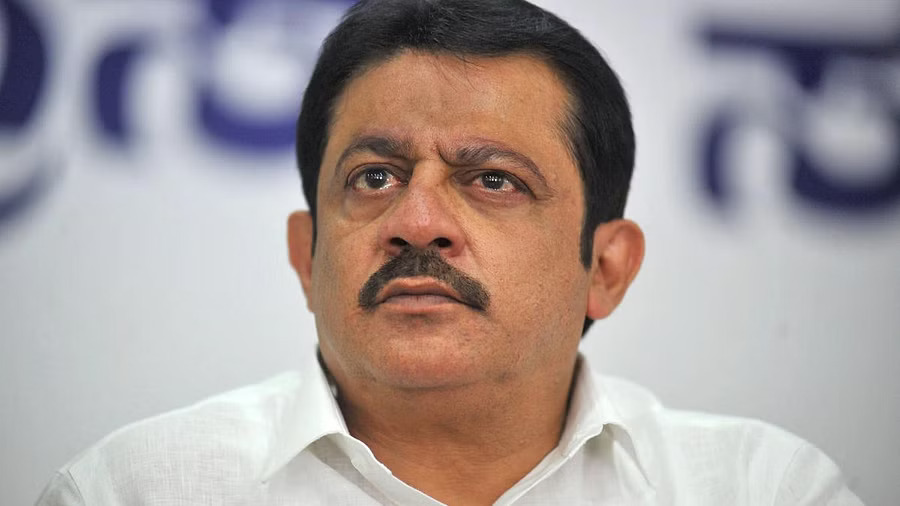In a move aimed at promoting linguistic diversity and enhancing educational opportunities, the Karnataka state government has announced plans to introduce the teaching of Kannada and English in state-run madrasas. The decision reflects the government’s commitment to inclusivity and providing a well-rounded education to all students in the state.
Madrasas, educational institutions that traditionally focus on Islamic studies, will now incorporate the teaching of Kannada and English languages into their curriculum. The initiative seeks to empower students with the skills to communicate effectively in regional as well as global contexts.
The inclusion of Kannada, the regional language of Karnataka, and English, an international language of communication, is expected to broaden the horizons of students by enabling them to engage with a wider range of subjects and perspectives. It is also likely to enhance their employability and future prospects.
The decision has been met with appreciation from various quarters, as it underscores the importance of offering a diverse and comprehensive education to students. By combining traditional subjects with modern languages, the government is creating opportunities for students to excel in multiple fields, beyond religious studies.
The move is also seen as a bridge-building effort, promoting cultural and linguistic exchange among different communities within the state. The introduction of Kannada and English into madrasa education aligns with the broader vision of a united and harmonious society that values linguistic and cultural diversity.
While the decision highlights the government’s commitment to education reform, it is also expected to spark discussions about curriculum design, teacher training, and the integration of languages within the educational framework. Experts emphasize the importance of ensuring that the teaching methods are effective, inclusive, and aligned with the needs of the students.
The announcement of teaching Kannada and English in state madrasas serves as a reminder of the evolving landscape of education and the imperative to equip students with the skills and knowledge required for success in an interconnected world. As the initiative is rolled out, its impact on students’ educational experiences and broader societal dynamics will be closely watched.










